Aromatherapy: Scientific Insights and Healing Benefits of Fragrances
Discover Our Expertise
Aromatherapy is a holistic healing practice that uses natural plant extracts, primarily essential oils, to promote physical and emotional well-being. Rooted in ancient traditions and supported by modern science, this therapeutic practice harnesses the power of fragrances to heal body disorders, alleviate stress, and restore balance to the mind and body. This comprehensive guide explores the science, benefits, and practical applications of aromatherapy, offering a deep dive into the world of natural healing.
The Science Behind Aromatherapy
Aromatherapy works through the olfactory system, the body’s sensory network for smell, which is directly connected to the brain’s limbic system. The limbic system controls emotions, memories, and even physiological functions like heart rate and hormone regulation.
When you inhale essential oil molecules, they stimulate the olfactory receptors, triggering responses in the brain that can:
Reduce stress and anxiety.
Enhance mood and concentration.
Influence physical functions like blood pressure and digestion.
Research Evidence:
A 2018 study in the Journal of Alternative and Complementary Medicine found that inhaling lavender oil significantly reduced cortisol levels in stressed individuals.
Peppermint oil was shown in a 2020 study to enhance cognitive performance and alertness.
A 2021 review highlighted the antibacterial properties of tea tree oil, emphasizing its role in immune support and skincare.
Studies on bergamot oil have demonstrated its effectiveness in reducing symptoms of depression and improving mood.
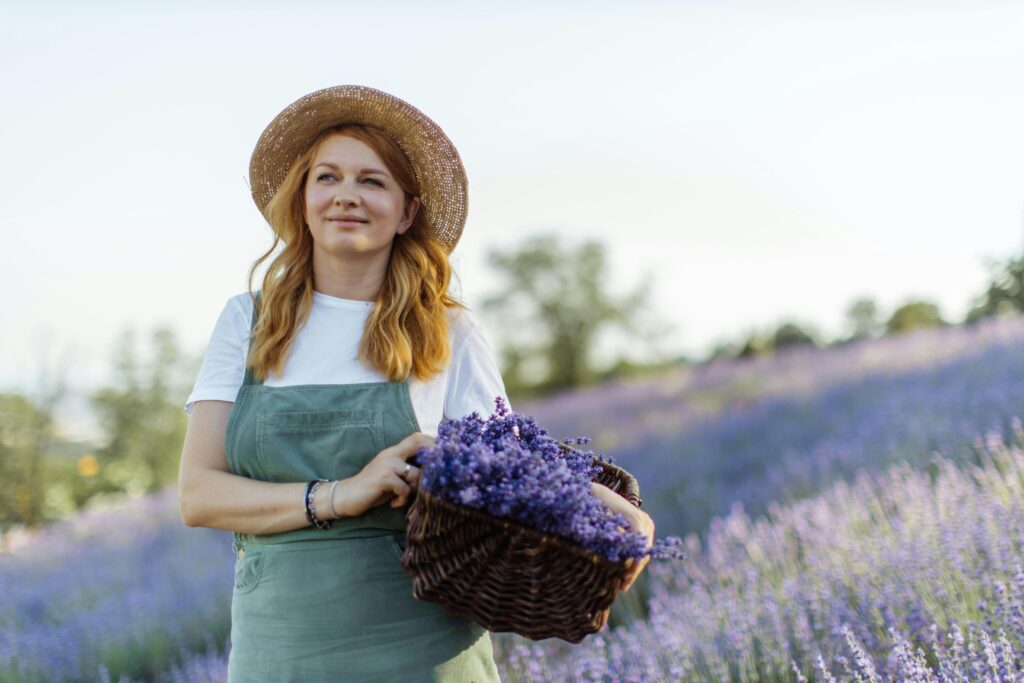
Stress and Anxiety Relief
Lavender: Reduces anxiety and promotes relaxation.
Bergamot: Alleviates stress and uplifts mood.
Clary Sage: Balances hormones and reduces anxiety.
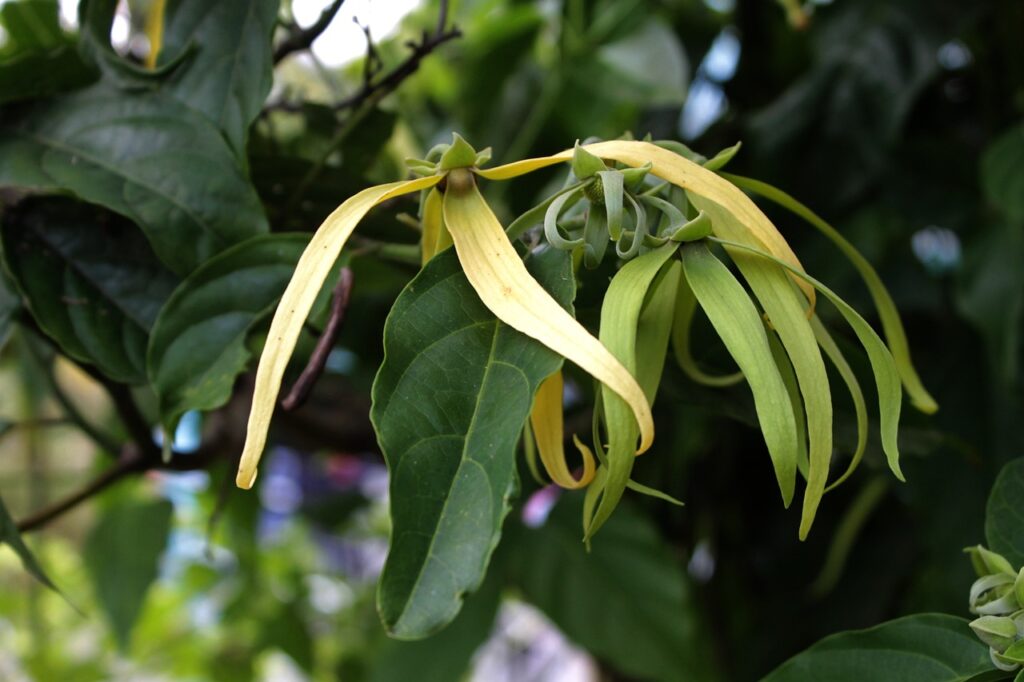
Better Sleep
Sandalwood: Encourages deep, restful sleep.
Ylang-Ylang: Reduces heart rate and relaxes the nervous system
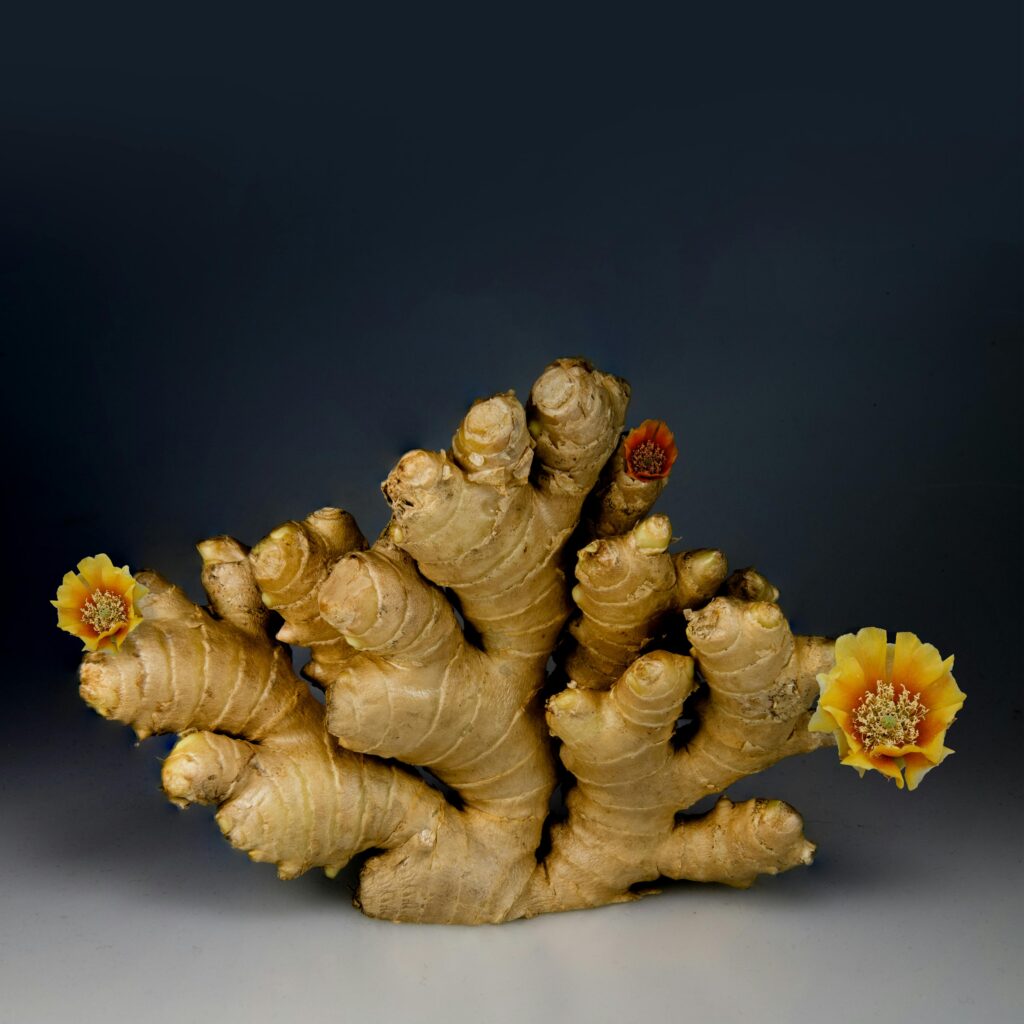
Pain Management
Peppermint: Relieves headaches, muscle pain.
Eucalyptus: Reduces joint pain and inflammation.
Ginger: Eases menstrual and muscular pain.
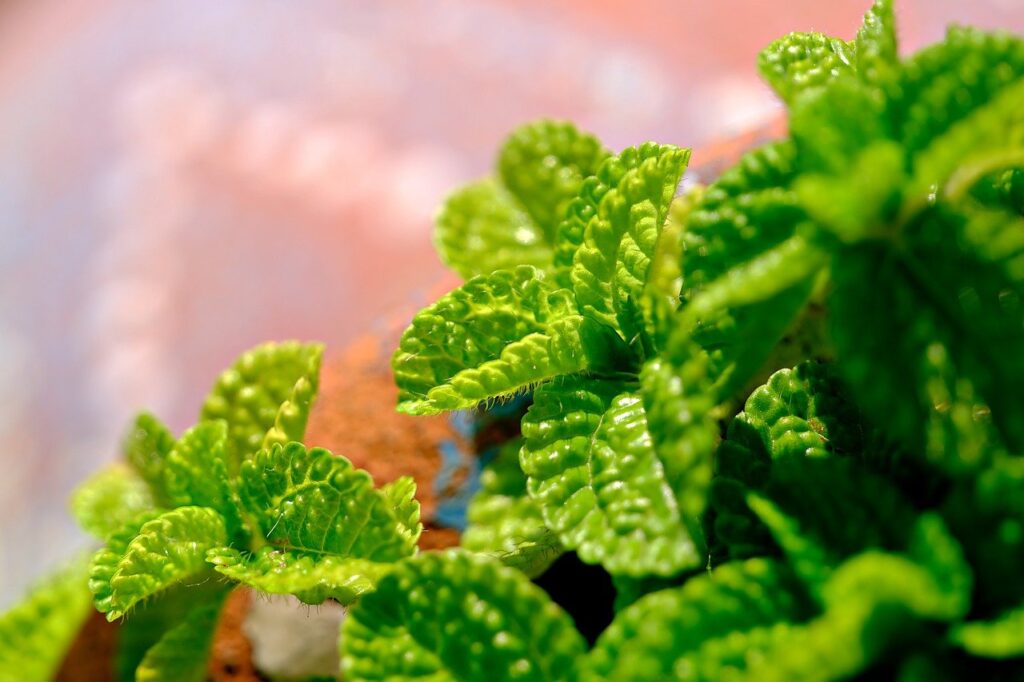
Digestive Support
Ginger: Eases nausea and boosts digestion.
Fennel: Relieves bloating and indigestion.
Peppermint: Soothes irritable bowel syndrome (IBS).
Lemongrass: Stimulates digestion and reduces stomach cramps.

Immune Boosting
Tea Tree: Offers antimicrobial protection.
Lemon: Detoxifies and strengthens immunity.
Oregano: Packed with antioxidants, supports respiratory health.
Thyme: Known for its antibacterial and antiviral properties.
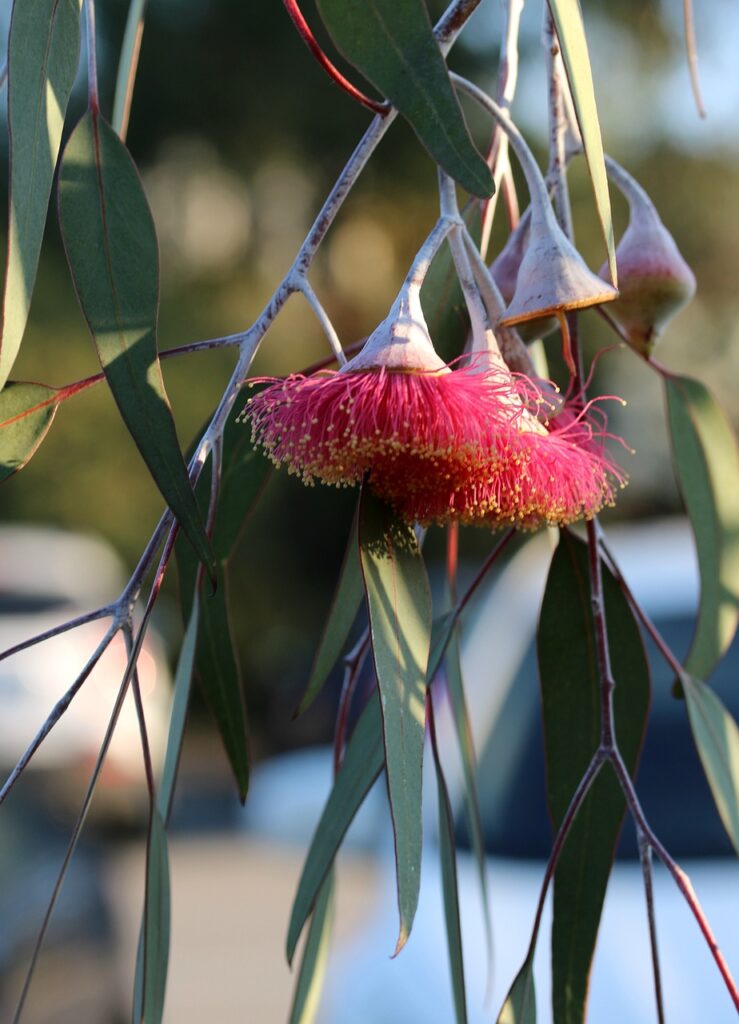
Respiratory Support
Eucalyptus: Clears nasal passages and relieves congestion.
Peppermint: Opens airways and eases breathing.
Rosemary: Supports respiratory function and reduces phlegm.
Cedarwood: Eases bronchial congestion.
How to Use Aromatherapy Safely
Aromatherapy can be incorporated into daily life in several ways. Here are the most common methods:
Diffusers: Add a few drops of essential oil to a diffuser to disperse the fragrance throughout your space, creating a calming or invigorating environment.
Direct Inhalation: Inhale the aroma directly from the bottle or a tissue for quick relief.
Topical Application: Dilute essential oils with a carrier oil (e.g., coconut, jojoba, or almond oil) and apply to pulse points or areas of pain.
Bathing Rituals: Add essential oils to your bathwater to promote relaxation and detoxification.
Steam Inhalation: Add a few drops of essential oil to hot water and inhale the steam to alleviate respiratory issues.
Aromatherapy for Everyday Wellness
Incorporating aromatherapy into your daily routine can enhance overall well-being
Morning Boost: Use energizing oils like peppermint or citrus to start your day with focus and vitality.
Midday Focus: Diffuse rosemary or eucalyptus to maintain concentration and clarity.
Evening Relaxation: Wind down with lavender, sandalwood, or vetiver to prepare for restful sleep.
Workout Recovery: Use ginger or black pepper oil post-exercise for muscle recovery.
“Fragrance makes us dream.”
— François Nars
Aromatherapy is an art, a science, and a gift of nature. It teaches us to heal holistically.
